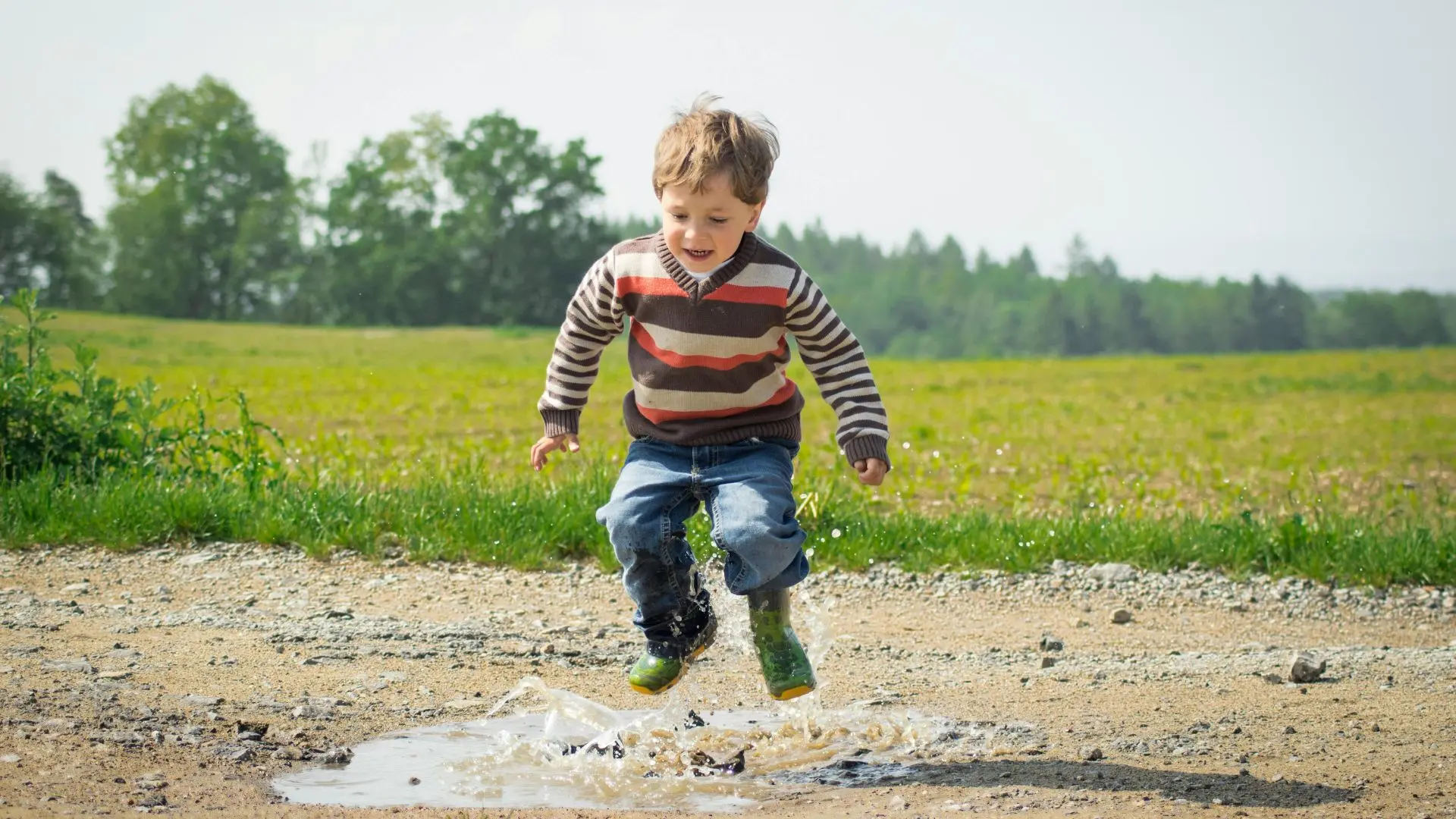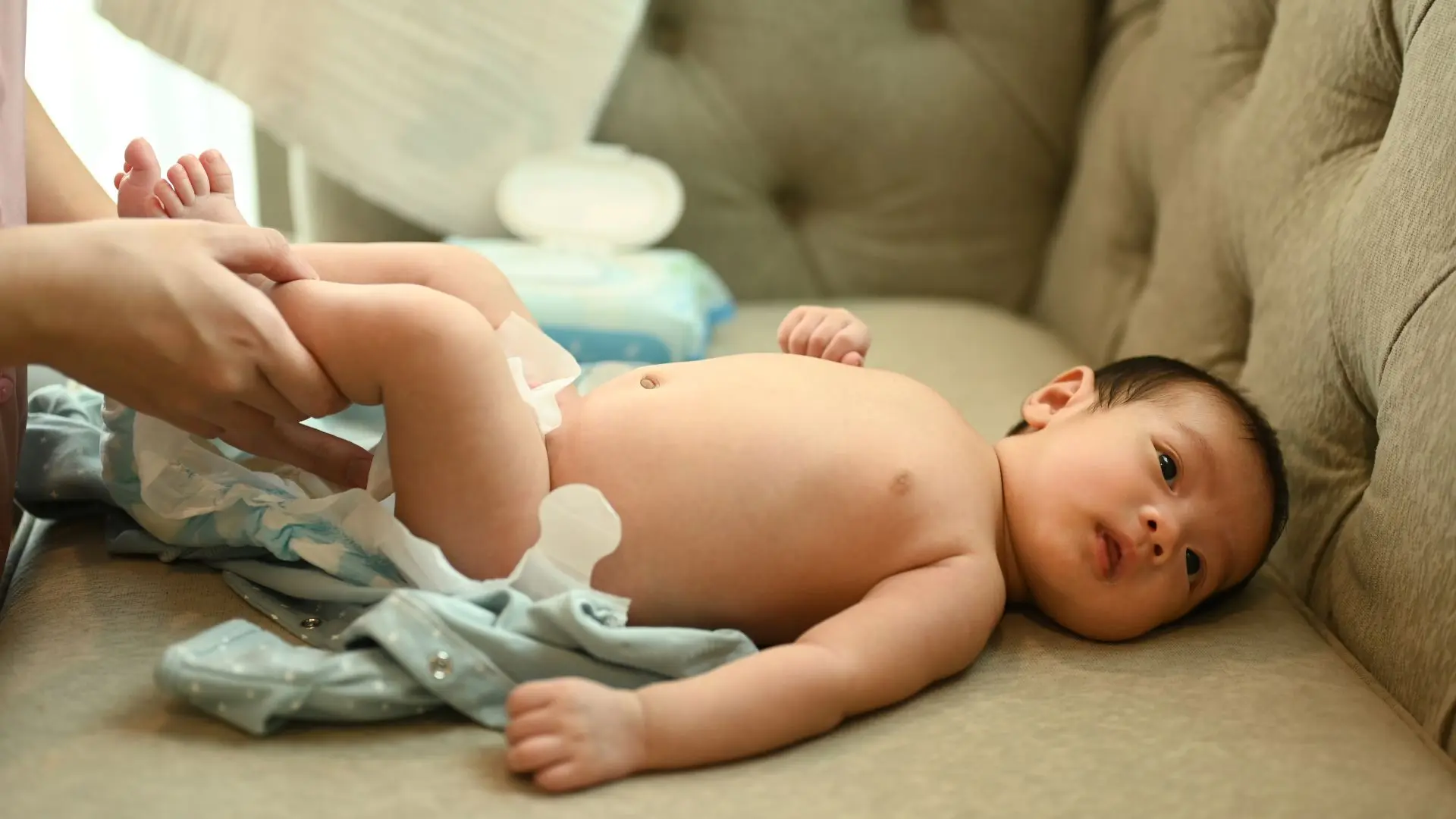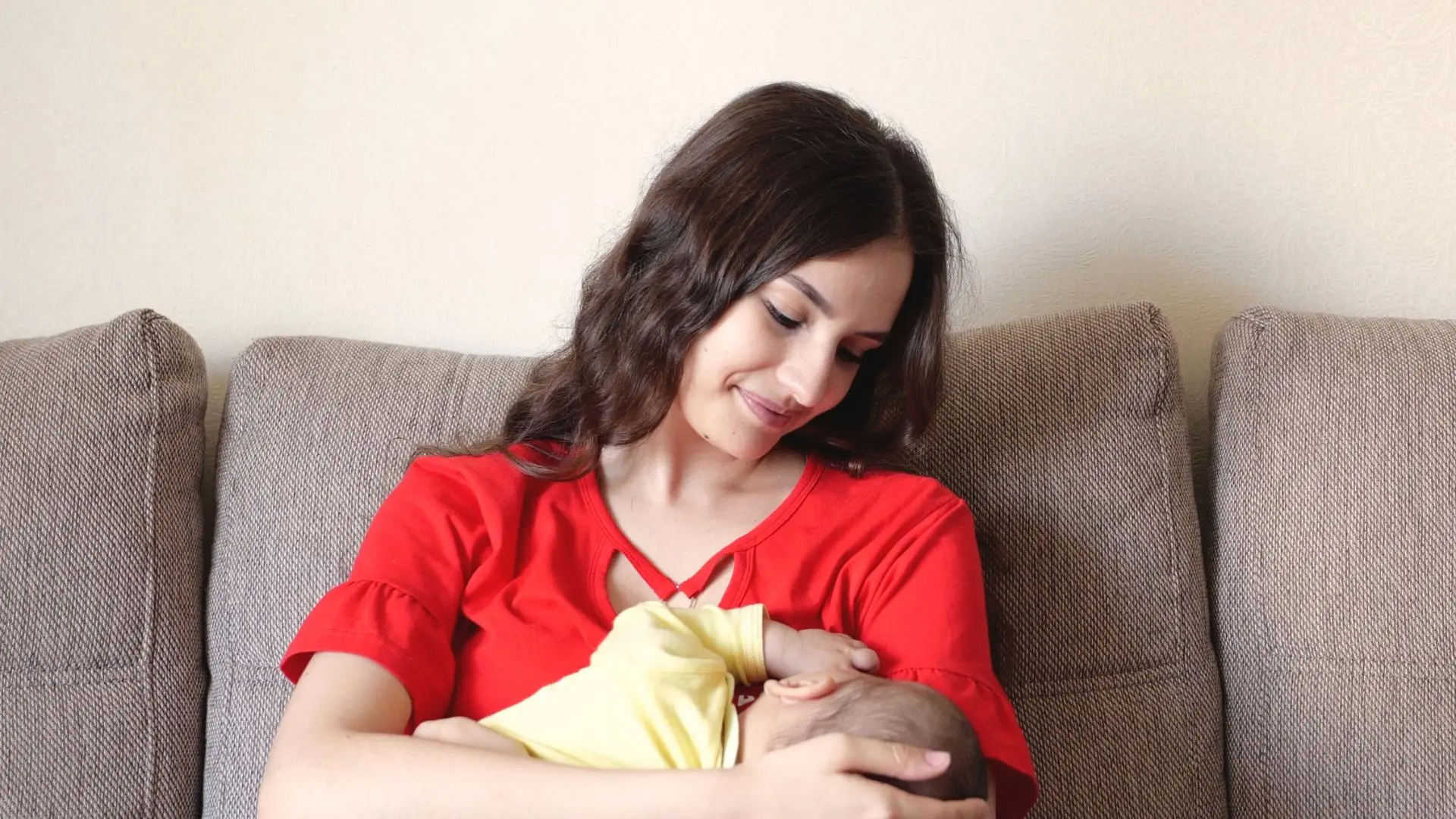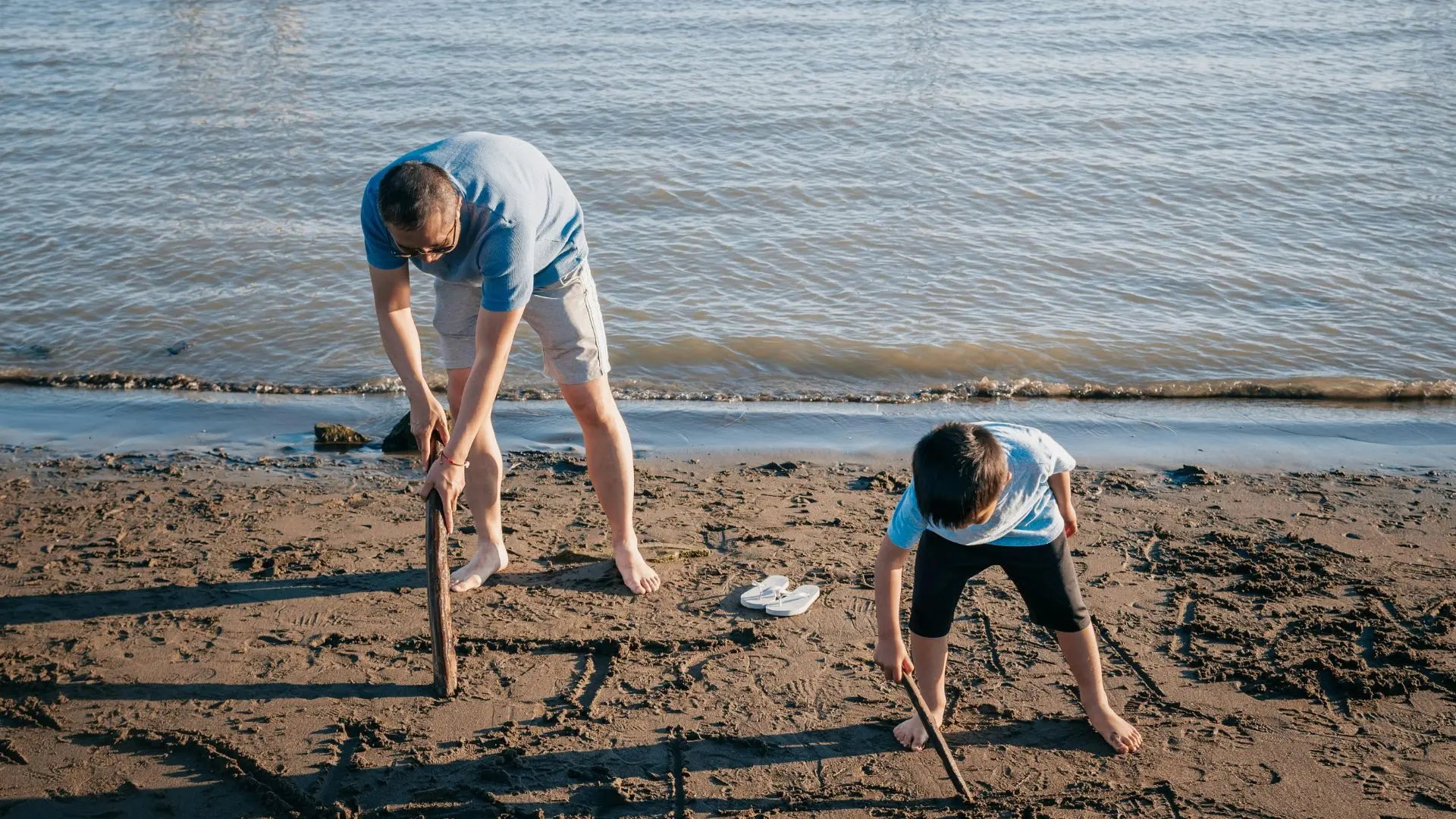
Raising a child with ADHD can sometimes feel like running a marathon without a finish line. You’re juggling school struggles, emotional outbursts, and a whirlwind of energy that never seems to settle. But what if I told you there’s a way to navigate this journey with more calm and connection?
Positive parenting for ADHD is a game-changer, not just for your child but for your own sanity too. In this article, I’ll share seven unique tips that you’ll wish you had discovered sooner.
In This Blog
ToggleWhat Is the Right Way of Positive Parenting For ADHD
Here are these:
1. Embrace Their Strengths, Not Just Challenges
It’s easy to get caught up in what’s “wrong” with ADHD—forgetfulness, impulsivity, or trouble focusing. But ADHD kids often have incredible strengths, like creativity, resilience, and out-of-the-box problem-solving skills.
Try This
- Celebrate wins, no matter how small. Did your child finish a task? Point it out!
- Encourage hobbies that align with their strengths, like painting, music, or sports.
This shift in focus helps your child feel valued for who they are, not who they “should” be.
2. Set Clear Expectations with Visual Tools
Kids with ADHD thrive on structure but often struggle with verbal instructions. Visual tools, like charts or checklists, are lifesavers.
Long-Tail Keywords Incorporated: “visual strategies for ADHD,” “tools to help ADHD kids focus.”
Try This
- Create a morning routine chart with pictures.
- Use color-coded schedules to break down their day.
Not only does this make expectations clear, but it also builds independence.
3. Teach Emotional Regulation Without Punishment
ADHD often brings intense emotions. Punishment during emotional meltdowns doesn’t work—it can make things worse. Instead, focus on helping your child understand and manage their emotions.
Try This
- Encourage your child to identify and verbalize their emotions by saying things like, (“I’m mad because…”).
- Use sensory tools like stress balls or weighted blankets for calming.
Positive parenting for ADHD means making these moments about connection, not correction.
4. Build Connection Before Correction
Your child needs to feel heard before they’ll listen to you. Strengthening your bond can make discipline less about confrontation and more about cooperation.
Try This
- Spend 10 minutes daily doing something your child loves—no distractions.
- Use empathetic phrases like, “I can see why you’re upset,” before discussing behavior.
When your child feels connected, they’re more open to working with you.
5. Prioritize Positive Reinforcement Over Discipline
Kids with ADHD often hear more criticism than praise. Flip the script by focusing on rewarding good behavior.
Examples of Positive Reinforcement
- Praise: “I love how you stayed focused on your homework!”
- Rewards: A sticker chart leading to a small treat or privilege.
- Attention: Celebrate progress, not just perfection.
Positive reinforcement encourages your child to repeat behaviors without fear of failure.
6. Partner with Your Child’s Teacher
Consistency between home and school is critical. If your child struggles in the classroom, teaming up with their teacher can make a world of difference.
Use These Strategies
- Share what works at home, like visual aids or calm-down techniques.
- Advocate for ADHD-friendly accommodations, such as extra time on tests or movement breaks.
When your child sees you and their teacher as a team, it reinforces stability and trust.
7. Self-Care for the ADHD Parent
Here’s the truth: Parenting a child with ADHD is exhausting. You can’t pour from an empty cup, so taking care of yourself isn’t just a luxury—it’s essential.
Quick Self-Care Ideas
- Take 5 minutes to meditate or breathe deeply when things feel overwhelming.
- Connect with other ADHD parents through support groups or online forums.
- Schedule regular “me time,” even if it’s just a walk or a cup of coffee in peace.
When you prioritize your well-being, you’re better equipped to support your child.

Conclusion
Positive parenting for ADHD isn’t about being perfect—it’s about progress. Celebrate the small wins, both yours and your child’s. By focusing on connection, strengths, and understanding, you’re building a foundation for your child’s lifelong success.
You may also be interested in : Is Attachment Parenting Style Right for Every Child? Adapting Practices by Age and Psychological Needs
FAQs
1. What is positive parenting for ADHD?
Positive parenting for ADHD is a nurturing approach that focuses on understanding, connecting, and using positive reinforcement to guide behavior. It emphasizes empathy, clear expectations, and fostering a child’s strengths rather than correcting every misstep.
2. Why is positive parenting effective for ADHD?
Positive parenting builds trust and emotional security, which are crucial for ADHD children. It reduces power struggles, promotes cooperation, and enhances emotional regulation by focusing on connection over correction.
3. How can I use visual tools for ADHD kids?
Visual tools like routine charts and color-coded schedules help ADHD children stay organized. These tools simplify instructions and make expectations clear, aiding focus and independence.
4. How does positive reinforcement help ADHD kids?
Positive reinforcement encourages desired behaviors by rewarding efforts rather than punishing mistakes. It builds confidence and motivates ADHD children to repeat positive actions.
5. What are some self-care tips for ADHD parents?
Practice mindfulness, take short breaks, and connect with support groups. Prioritize your well-being to stay patient and supportive for your child.
6. How do I manage ADHD meltdowns positively?
Stay calm, validate their emotions, and offer a quiet space for them to decompress. Use moments of calm to discuss emotions and teach coping strategies.
7. How do I foster emotional regulation in my ADHD child?
Teach techniques like “name it to tame it,” use sensory tools, and model emotional regulation to help your child manage intense feelings.
8. How can I set expectations for my ADHD child?
Set clear, achievable expectations using visuals and concise instructions. Break tasks into small steps and provide consistent reminders.
9. What are the benefits of connection before correction?
Strengthening your bond builds trust and makes children more receptive to guidance. It reduces resistance and fosters cooperation.
10. How do I involve teachers in ADHD parenting strategies?
Communicate openly about what works at home and advocate for classroom accommodations like extra time or movement breaks for your child.
11. What strengths should I focus on in my ADHD child?
Celebrate creativity, resilience, and problem-solving skills. Encourage activities that highlight their unique talents and interests.
12. Is traditional discipline effective for ADHD children?
Traditional discipline often fails because ADHD children respond better to positive reinforcement and clear, empathetic guidance than punishment.
13. How can routines help ADHD kids?
Routines provide structure and predictability, reducing overwhelm. Tools like charts and checklists make routines easier to follow.
14. What role does empathy play in positive parenting for ADHD?
Empathy helps parents understand a child’s challenges, fostering a deeper connection and creating a safe space for learning and growth.
15. Can positive parenting improve my ADHD child’s long-term outcomes?
Yes, positive parenting fosters self-esteem, emotional regulation, and cooperation, setting a foundation for lifelong success in ADHD children.




